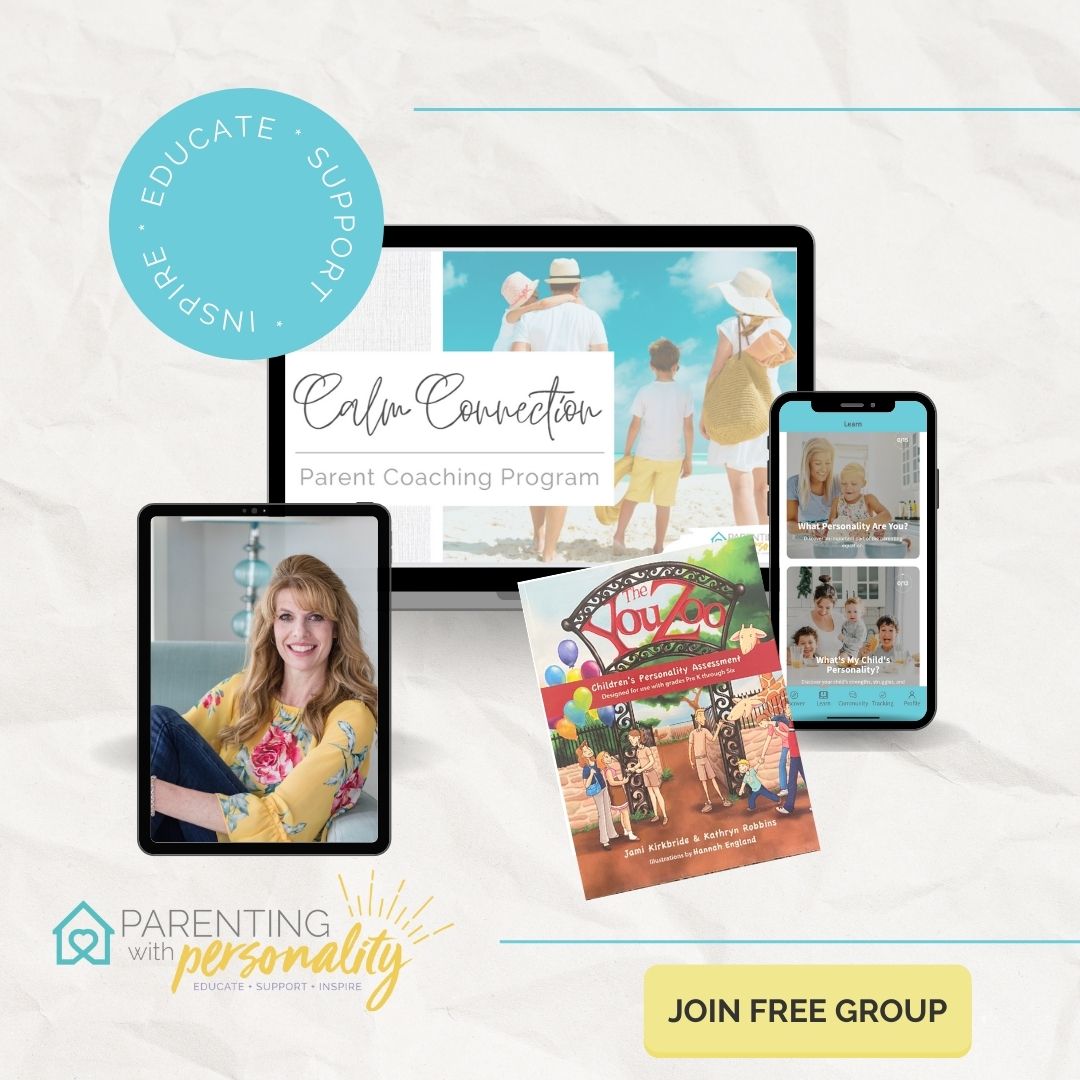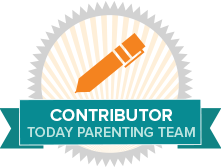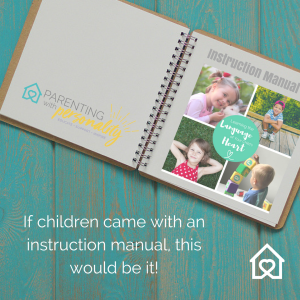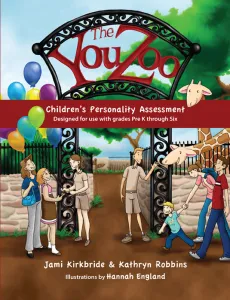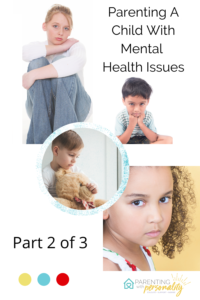
Overcoming Common Pitfalls
Perhaps you are parenting a child through these kinds of issues. Or maybe you are trying to understand the journey to help support someone who is. I’d like to share five pitfalls you may experience while parenting a child through mental health issues. Maybe some of these thoughts or ideas that I have gathered along the way and in visiting with other parents can help bring some insight, fresh perspective, or maybe even a tiny bit of encouragement, in knowing you are not alone. One of the hardest things you may find is that you may struggle with one feeling or thought, while also feeling the exact opposite fear or thought. This confusion of conflicting thoughts and feelings. can kind of make you feel like you are going crazy! Perhaps you can identify with one or a few of them. I’d also like to offer some simple truths that you can use to combat feeling overwhelmed or feeling that you are failing.
You may question and worry that you are making the issue bigger or seeing something that doesn’t really exist, while also blaming and shaming yourself that you are likely missing something or should have seen the problem sooner.
You may not be an expert in psychology or in medicine, but you know your child. It may be that you have had the feeling that something wasn’t quite right long before others would ever even detect it. For many children, what others see might actually be very different from what you experience with them in the safety of your own home. You may go to parent-teacher conferences and feel like you are going crazy hearing something so different than what you are seeing or hearing. Or maybe, at school, the behaviors are occurring randomly and not as noticeable to their teacher as an issue. When at home, they happen regularly, because the comfort level is greater at home and perhaps they have held things together so long in the school setting, that they can no longer contain the frustration of overwhelm once reaching home. This makes for a completely different view of a child in one setting vs. the other.
Remind yourself:
You are doing your best with the information you have and know your child better than anyone else. Rather than getting stuck in constant doubt or evaluation, picture yourself being confidently open to new ideas, perspectives, and insight.

You may feel the tremendous responsibility of being their rock and safety, while you also feel you despise or resent the pressure of being their safe person.
We can indeed get caught up in the necessity of being a rock and source of strength for our kids when they struggle to such great degrees. We may feel like their lifeline or voice of reason, and this “pressure to be on” for them can take a great toll on us. The other side of that two-edged sword can be painful. Just as we are their safety, we will see, hear, and experience things with them that they would never reveal to others. You may find yourself on the other end of a horribly dysregulated child with aggressive, assaultive, or abusive behavior. And while one might leave a relationship that houses such abuse, there is no real escape when it is your child. How does one prepare to approach their own child not knowing if it should be with open arms or armor? It takes a seemingly impossible level of emotional flexibility and stability, and often, with the tremendous added pressure that their life may depend on you.
Remind yourself:
There is no handbook on how to handle a child with emotions and issues of this magnitude. Rather than hoping you will do it all “right,” prepare yourself that you will make mistakes and continue to learn with each experience.
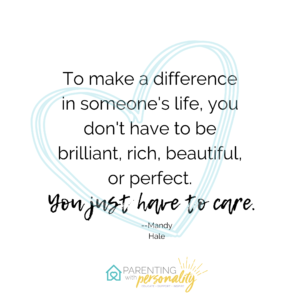
You may feel guilty for seeking diagnoses, utilizing treatments, or medicating, while you also condemn yourself for not having done those same things sooner.
Perhaps for many, this rings true when it comes to medication. But the truth is, it can relate to just about any new method, approach, intervention, or treatment. I know I agonized over getting our little one evaluated for medication. I felt horrible about putting something that was so strong or potentially dangerous in his little body. Then when we finally tried it, I saw such a big improvement that I felt I had failed for not trying it sooner. Odd thing is, those feelings didn’t stop there. There are still times I feel guilty that we have him on several different medications. AND there are times I still feel like maybe he should have had more sooner or different ones sooner, etc. So, I think it is safe to say that guilt can be an unfortunate and dangerous drain of our energy and focus as we head through this journey.
Remind yourself:
There is no perfect solution, and as parents, we are simply trying to find the best options or treatments. Rather than wasting energy on wishing you could change decisions of the past, invest in making current decisions with the best information you have now without letting false guilt, worry, or fear wear you down.
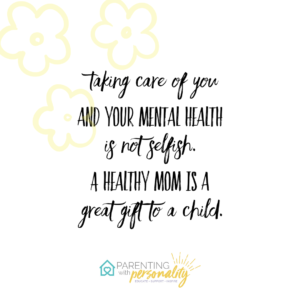
You may feel like you are never doing enough, while you also feel like you are totally consumed by it all and doing too much.
One of the hardest things we have experienced is that we struggle to find something whether medication or approach that works consistently. In fact, what works well one week can cause a total flop or fail the next week. And I find myself in some endless pursuits to understand better, do better, research more, try more, and ultimately tire myself even more. I could spend numerous hours a day researching prescriptions or interventions, making appointments, calling about medications, following up with numerous professionals or team players, contacting teachers or school, and the list goes on. I have told my husband before that I feel like taking care of our little guy’s needs is like a full-time job! And yet I would turn on a dime and say, I just don’t feel like I am doing enough! It’s a double-edged sword. And I can tell you from personal experience how important it is to find your space and air away from it.
Remind yourself:
You can’t take care of someone else when you are running on empty, and all the demands of parenting kids through mental health challenges can keep you just on the verge of empty, and often! Rather than running yourself emotionally ragged, carve out those times where you can focus and work on their needs. Equally important, carve out that time that you simply focus on self-care and finding those moments you breathe in the air of something that lights your passion and interests, fueling you for the next lap of the race.

You may feel the burden of holding the family together and minimizing the effects of all that unfolds, while you also wonder if your attempts to hold it all together and minimizing those effects is truly tearing you all apart.
I think this can be one of the hardest aspects of caring for a child with mental health issues. While those words sound contained and simple, they aren’t. For some families, this entails assaultive behavior, suicidal thoughts or threats, deep and dark emotions, siblings fearing what may happen to their hurting sibling, and even just the use of foreign words that other households may never think of using being commonplace in yours. It can be hard as a parent to realize that the reality of your child’s mental health issue doesn’t just affect that child, but everyone in the home.
No family could function if those emotions were always at the surface, swirling and flying, so they lay dormant until it all breaks loose. But no one gets warning of when it will happen, and it happens abruptly. As a result, the whole family may begin to live in a hypervigilant mode. Of course, as a parent, you fear that you could both ruin your other children by the trauma they live with, both by making that trauma apparent or by minimizing the trauma they may feel internally. So, you work desperately hard to make life as peaceful and fun as you can and wonder what simmers in the minds and hearts of each of your children and wondering if in helping one you might truly be ruining another.
Remind yourself:
You are not expected to have all the answers or know how to do it—no one would. Rather, focus on being calmly in control of your thoughts, feelings, and actions that can carry you one step at a time toward the most healthy and whole family that you can be (and no comparisons to others!) And remember, your personal health will be a good example as your children learn and grow stronger, navigating the challenges of their sibling’s special needs.

The Battle Is Real
The truth is, you are fighting a battle. And the battle of parenting your child through mental health issues is beyond tough. It is beyond exhausting. And to say it is heartbreaking, barely touches it. At times you may feel alone, but you aren’t! There are others who are having similar experiences. These aren’t the things that people are talking about freely or sharing on Facebook, but that doesn’t mean they aren’t happening. For more help and to download a free resource that accompanies this series, please subscribe here. If you are a subscriber, please check your resource page for your free download titled Parenting Mental Health Issues.
Up Next… Parenting A Child Through Mental Issues Part 3 -Inside Out
Take Care,


